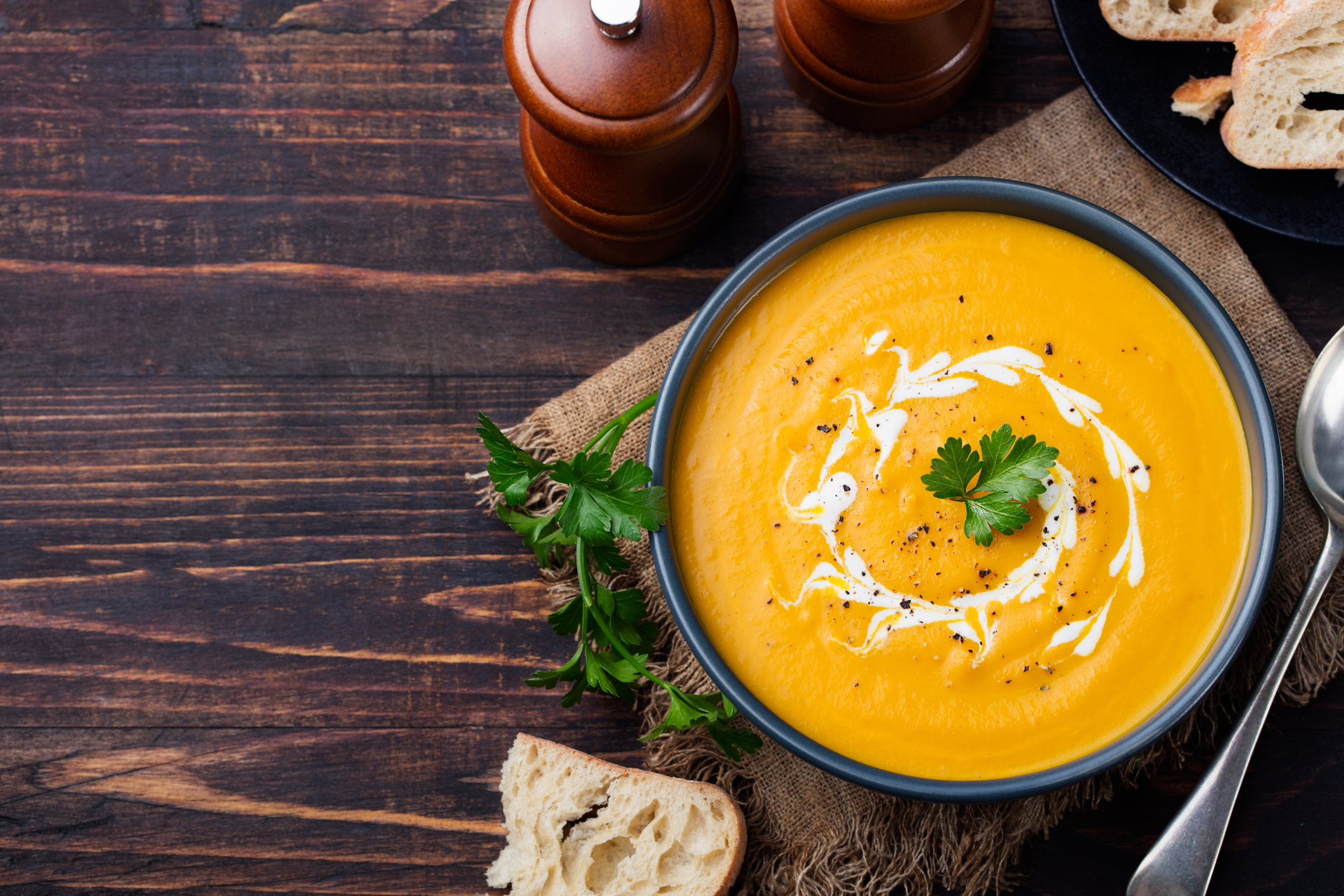Even as we enjoy the harvest season with all its farm fresh produce, many elderly adults who are not able to cook or shop for themselves or are on restricted diets will risk malnutrition. Food insecurity is also a growing problem among the elderly who may have to choose between filling their prescriptions and filling their pantry.
Caregivers and family of older adults should be on the watch for signs their loved-one is not getting proper nutrition. Malnutrition can cause a weak immune system which increases the risk for infection, poor wound healing and weakness, leading to more falls and injury.
There are a multitude of reasons why seniors may become under nourished; dental issues, medication side effects, dietary restrictions that make food unappealing (low salt, fat or sugar), low income, depression, social isolation or alcoholism can all contribute to a poor diet. Eating is usually a social activity and seniors who live alone may lose interest in preparing or eating proper meals which can lead to malnutrition.
According to the Gerontological Society of America, at least one in three older adults who is hospitalized is malnourished when admitted. It is estimated that poor nutrition results in healthcare costs of nearly $157 billion each year and yet only about 3 out of 5 seniors who qualify for the Supplemental Nutrition Assistance Program are enrolled. Senior malnutrition is quickly becoming a national crisis as the over-65 population continues to grow.
Signs of Malnutrition in Older Adults
- Weight loss; do clothes that once fit seem to be too large?
- Dental problems, easy bruising and poor wound healing can be signs of a poor diet
- Medication changes; take note of side-effects of any mediations that can affect appetite, digestion or nutrient absorption
- Visit during mealtimes or talk with those who provide meals to determine any changes in eating habits
Source: Mayo Clinic
If a loved-one seems to be losing weight or exhibiting any of the other signs of malnutrition, involve their doctor or dentist in the discussion. A registered dietitian can help make suggestions for easy and nutritious meals and snacks that can improve diet. Even those with a restricted diet may find food more appealing with the addition of herbs and spices; it may require a little experimentation to see which seasonings improve appetite. Regular exercise can also stimulate an interest in food, try to encourage regular activity to help retain muscle and bone mass.
Older adults may also benefits from a meal delivery services such as Meals on Wheels, a home health aid or a visiting nurse. Often the social aspect of the visit is as important as the food itself and regular social interaction can help prevent isolation leading to depression.
For more tips about getting proper nutrition in older age, visit the National Institute on Aging by following this link.






Add Your Voice
0 Comments
Join the Discussion